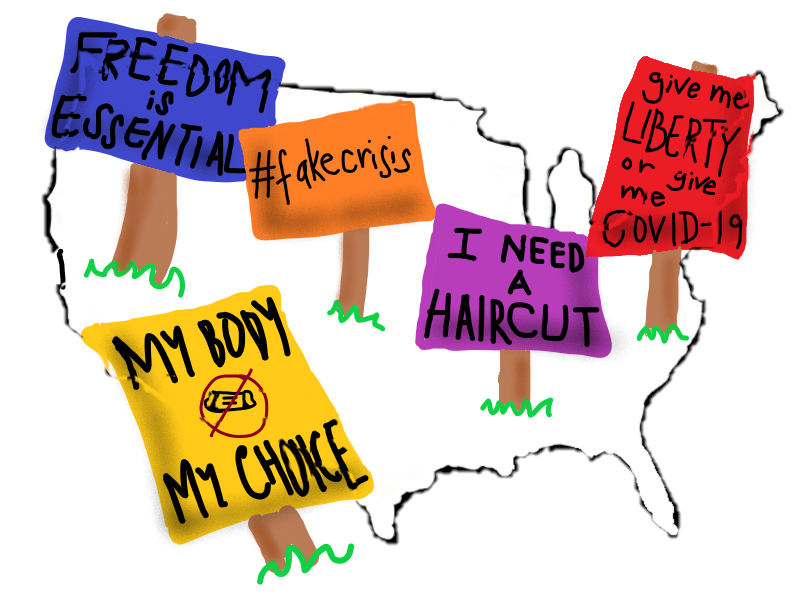The Tenth Amendment: States vs. Uncle Sam
The Constitution’s Tenth Amendment is all about setting boundaries. It’s not flashy, but it’s foundational to how power is divvied up in the U.S. Let’s dive into what it says and why it matters.

The Tenth Amendment states: “The powers not delegated to the United States by the Constitution, nor prohibited by it to the States, are reserved to the States respectively, or to the people.”
This amendment is all about dividing power between the federal government and the states. The gist is simple: if the Constitution doesn’t give a specific power to the federal government, and it’s not explicitly denied to the states, then the states or the people get to call the shots.
Mini Lesson on Federalism: Federalism is the separation of powers between state and federal government. In the very first constitution (the Articles of Confederation), almost all of the power was given to the individual states while little-to-no power was given to the federal government. This caused chaos as well as debt and threatened to ruin this nation. While the word “federalism” may not appear in the Constitution, the principle of federalism is what allowed the U.S. to stay away from the unitary type of government they were under in Britain while still forcing all states to stay in line.
The Tenth Amendment is the cornerstone of federalism. It’s why states can have their own laws about things like education, marriage, and local taxes. It’s also a frequent flier in court cases where states and the federal government butt heads—think marijuana legalization, gun control, and environmental regulations. It’s the constitutional equivalent of, “Mind your business, Washington.”
Landmark Case: Bond v. United States (2014) This Tenth Amendment case involved a woman who used toxic chemicals to get back at a friend (not her finest moment). The federal government charged her under an international treaty, but the Supreme Court ruled that this was overreach. It was a win for states’ rights and a reminder that the Tenth Amendment still has bite.
The Controversy: The Tenth Amendment fuels ongoing battles over how much power the federal government should have versus the states. It’s a tug-of-war with no end in sight, and every time there’s a new issue—whether it’s healthcare, immigration, or environmental policy—the Tenth Amendment is there, quietly stirring the pot.
What Does It All Mean for You? The Tenth Amendment might not grab headlines, but it’s the backbone of how America balances power. It reminds us that the federal government doesn’t hold all the cards—states and the people have a say, too. Whether you’re team “federal power” or rooting for the states, this amendment shapes how the game is played.
Comments
Post a Comment